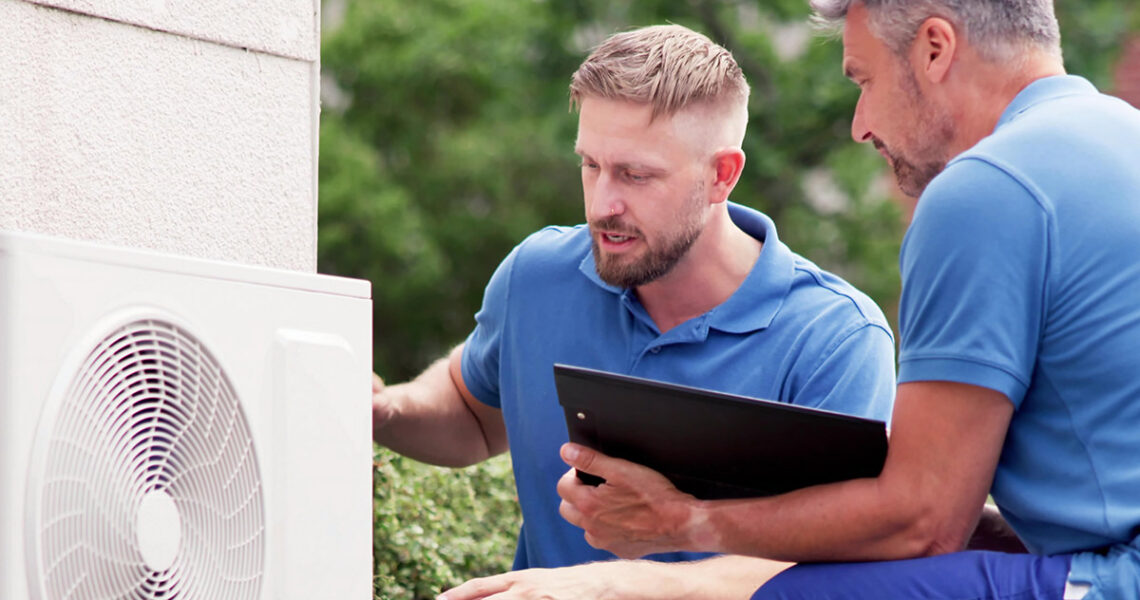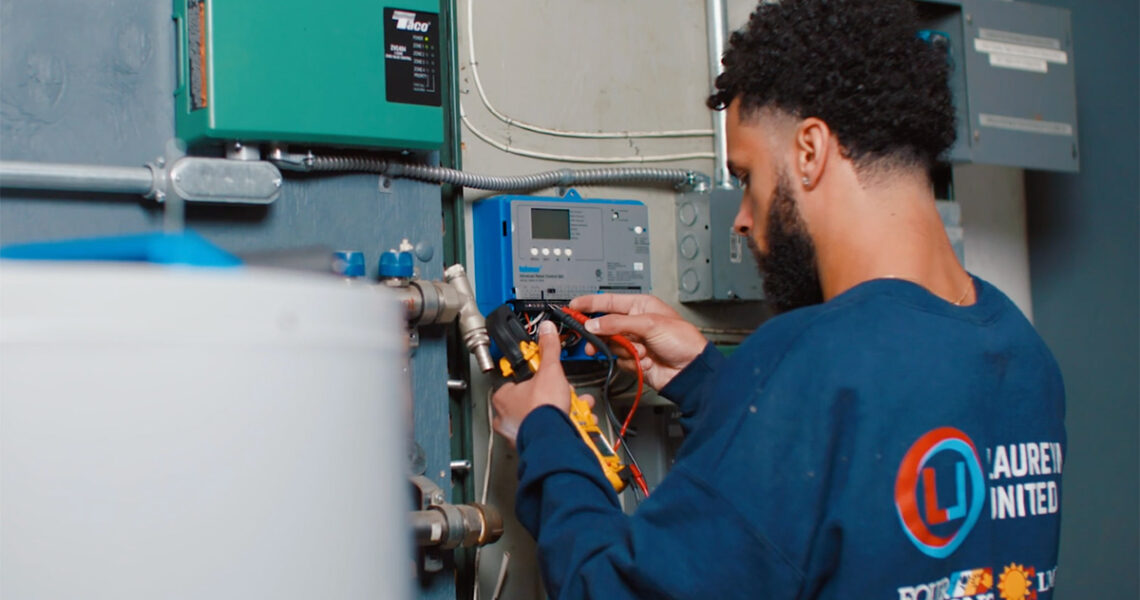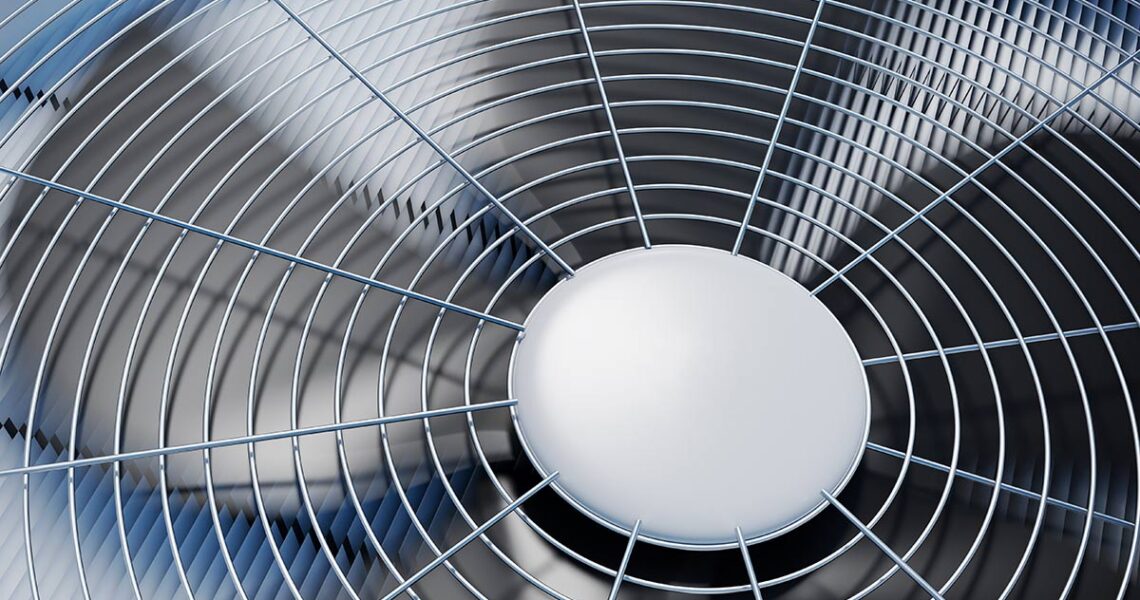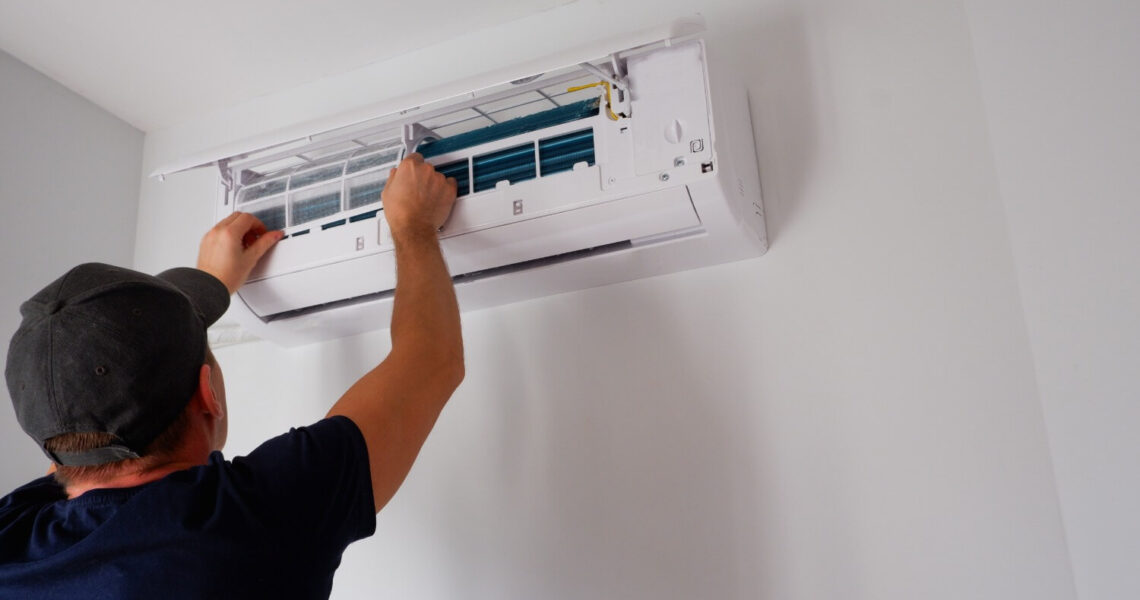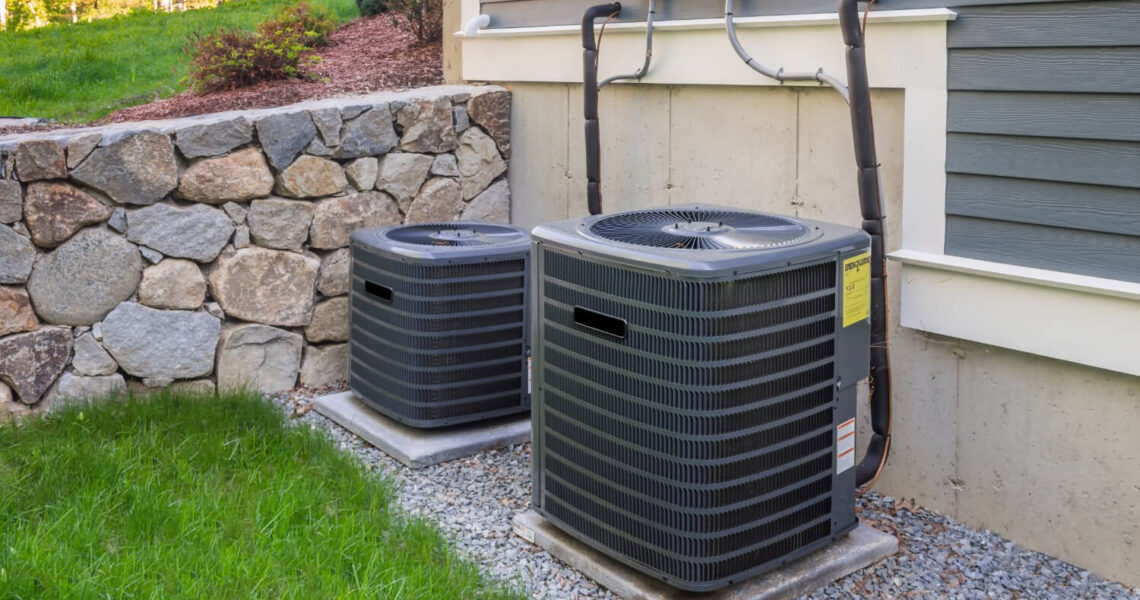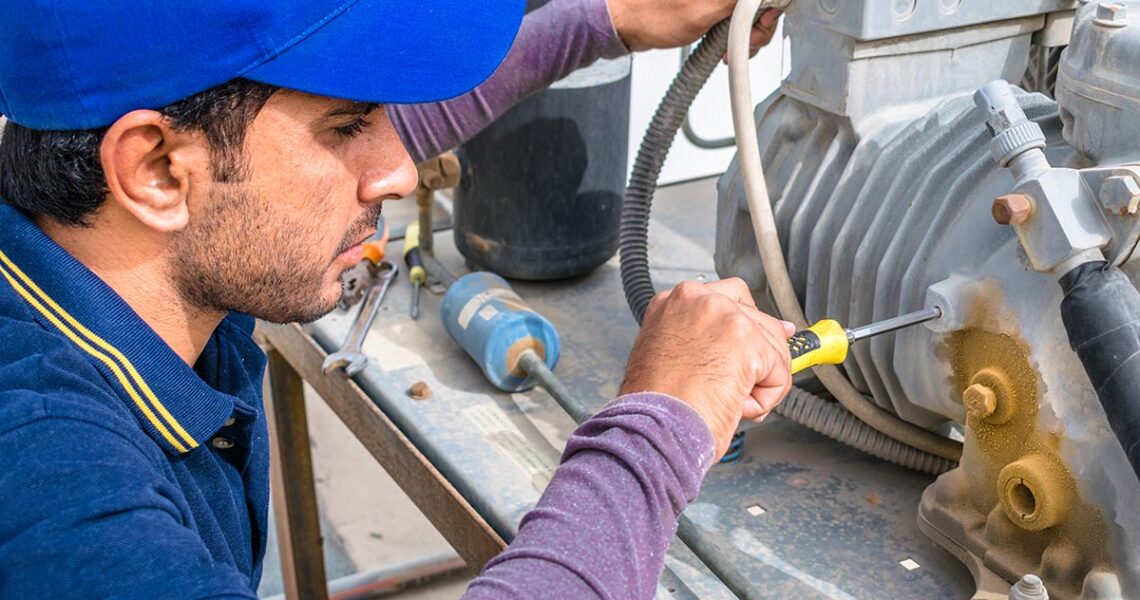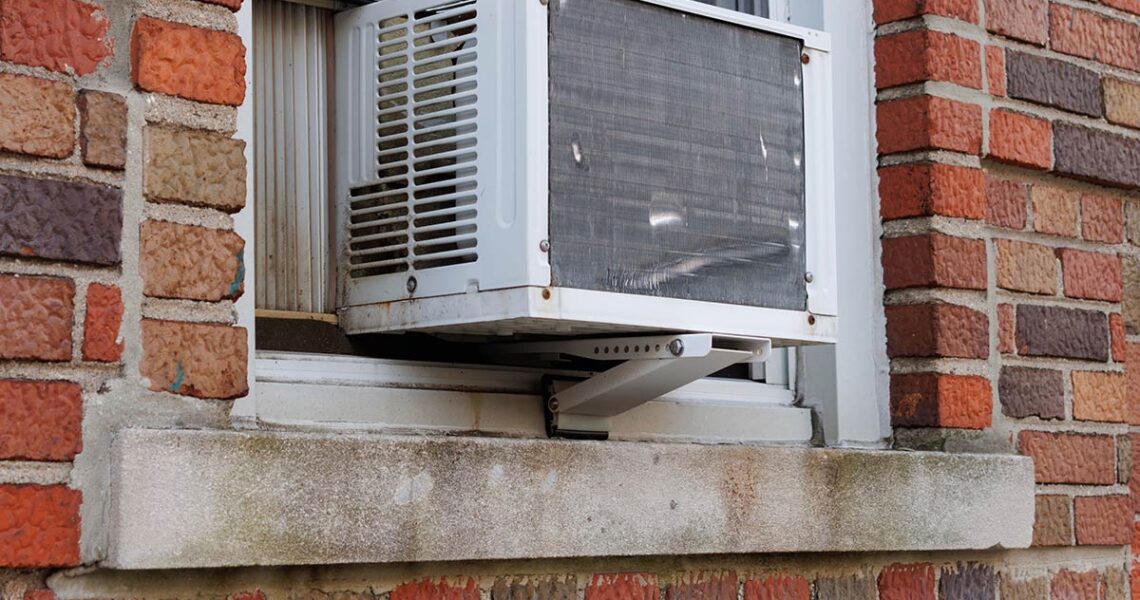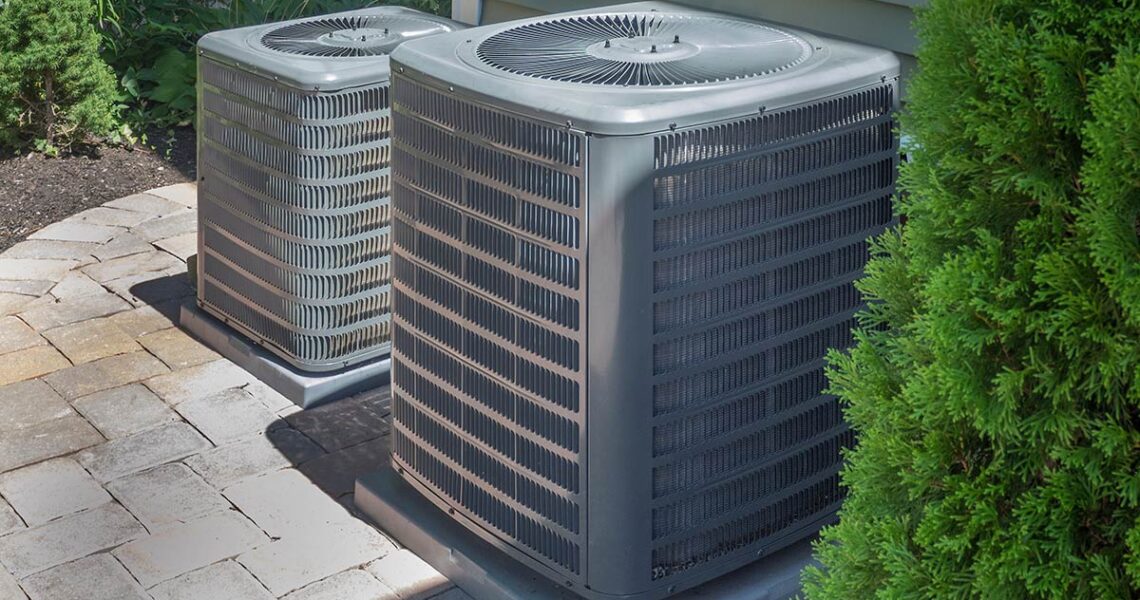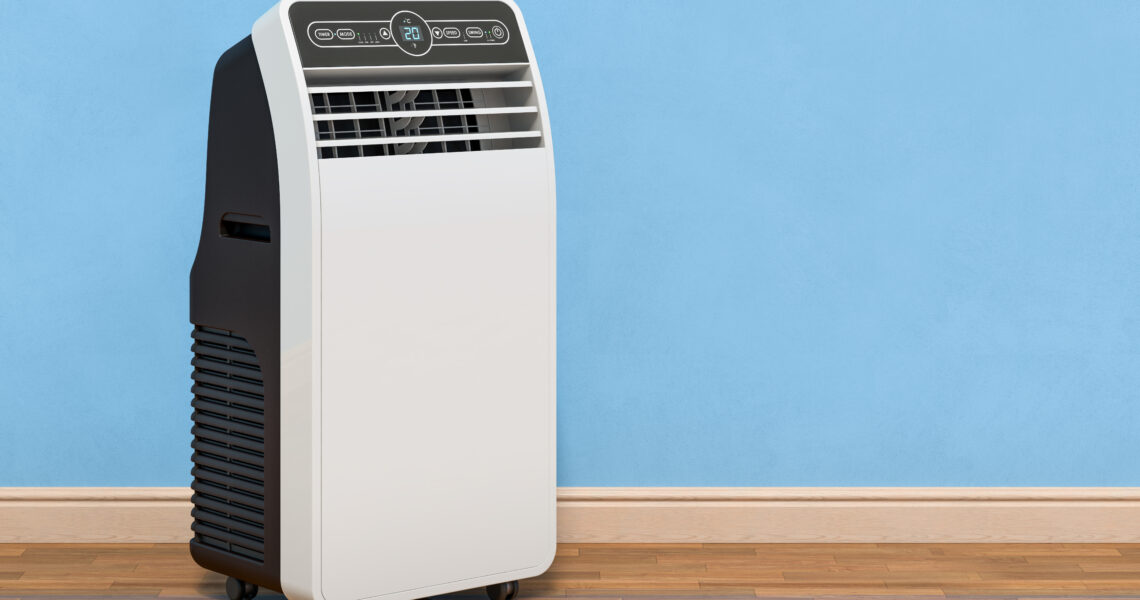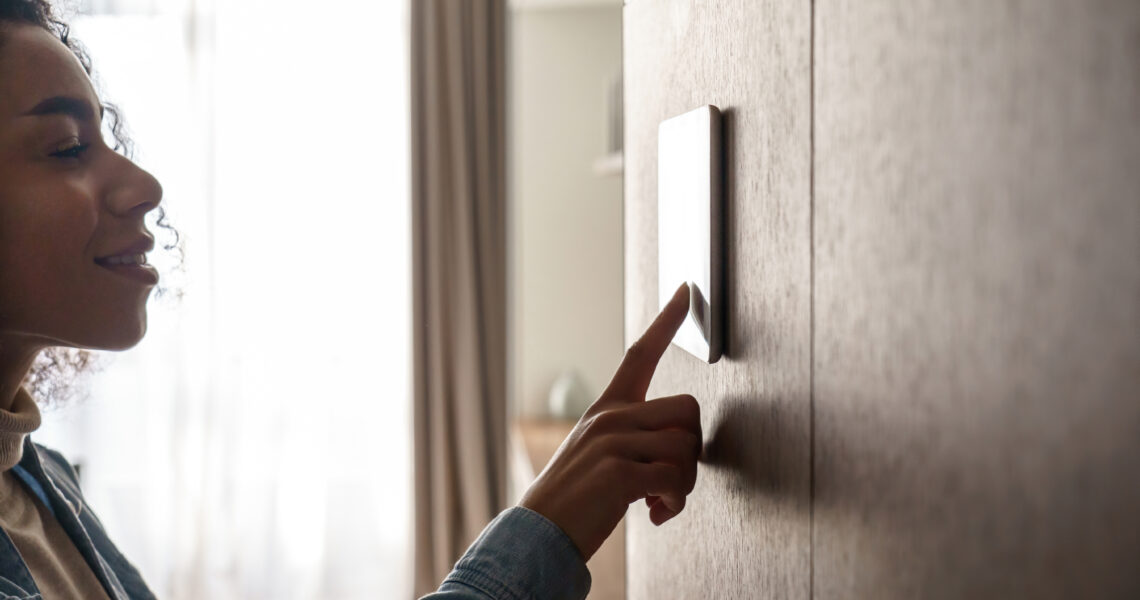How regular Residential HVAC Maintenance can help your home stay prepared for the Spring & Summer months
As the temperatures begin to rise and the days get longer, it’s essential to ensure that your home’s HVAC (Heating, Ventilation, and…
Selecting the right Residential Cooling Services company: What to look for when picking an Air Conditioning Service company
When it comes to keeping your home cool and comfortable, having a reliable air conditioning service company on speed dial is essential…
HVAC System Replacement: How to know when it is time to replace the HVAC System in your home?
Your home’s HVAC (Heating, Ventilation, and Air Conditioning) system is the unsung hero that keeps you comfortable year-round.
How often should I clean my HVAC?
Determining the frequency at which you should clean your HVAC system depends on your personal preferences and the manufacturer’s recommendations for your specific unit.
What’s the right sized HVAC for my home?
It’s essential to ensure that your new HVAC system is the correct size for your home. If it’s too small, it won’t be able to maintain the temperature throughout the house. Conversely, an oversized system can lead to inefficiency, quicker wear and tear, and potential dehumidification issues.
How much does it cost to replace a compressor in an air conditioner?
On a boiling summer day, the last thing you want is for your home’s air conditioning to malfunction. The fix could be an easy repair or it might require replacing the compressor – which is responsible for cooling off the air in your house. If it turns out that replacing this essential part of AC system has become necessary then most people immediately wonder: how much will my new AC compressor cost?
How to Clean Your Window AC Unit
When the weather heats up, trust your window air conditioner to keep you and your family chilled. But if it’s been a while since you serviced yours, now is an ideal time to show some TLC. Cleaning your AC on the regular not only ensures that it runs energy-efficiently but also combats mold growth which can have dangerous health effects. Keep cool all summer long by maintaining a clean unit!
What is the Average Life of a Central Air Conditioning System?
When scouting a new air conditioner or experiencing an issue with their current system, one of the more frequent inquiries homeowners pose is, “How long do AC units typically last?” While most HVAC companies strive to make their products dependable through thorough testing and optimization, this answer can be intricate.
How Do Portable Air Conditioners Work?
Freestanding portable air conditioners, equipped with casters or wheels and a vent to fit in nearby window frames, are the ideal solution for when you need to move your AC from room-to-room. Not only do they provide optimal comfort during hotter months by circulating airflow throughout the immediate area […]
Which Type Of Heating Is Most Efficient?
There are a lot of different types of heaters on the market these days. Some heaters are more efficient than others, and some are more expensive to run than others. So, which type of heater is most efficient?
How to Calculate Heating Efficiency
The average electricity prices from April 2020 were used to calculate these kWh (kilowatts per hour) costs for a standard rate. The rates for Economy 7 energy may differ, but this will give you an idea of which types of room heaters have the cheapest running costs.
The Cost of Running an Electric Heater
Electricity is typically charged per kWh, so the cost of running an electric heater will depend on how much electricity it uses. The following table shows the approximate cost of running different types of electric heaters for one hour.
Type of Heater Cost per Hour (kWh)
Infrared Heater 0.10
Oil-Filled Heater 0.15
Storage Heater 0.12
Ceramic Heater 0.13
As you can see from the table, infrared heaters are the most efficient type of heater, followed by storage heaters and ceramic heaters. Oil-filled heaters are the least efficient type of heater.
If you want to save money on your heating costs, then an infrared heater is the best type of heater to choose. An infrared heater will use less electricity than any other type of heater, and so it will be cheaper to run. Not only that, but an infrared heater will also provide you with a more efficient form of heat.
If you are looking for an electric heater that is cheap to run and provides a good level of efficiency, then an infrared heater is the best option. You can find infrared heaters for a reasonable price, and they will save you money on your heating bills.
Infrared Heaters
Infrared heaters are the most efficient type of heater available. They use very little electricity to generate heat, and they provide a lot of heat for their size. Infrared heaters are also very safe to use, as they do not emit any harmful radiation.
Oil-Filled Heaters
Oil-filled heaters are another type of heater that is very efficient. They use oil to generate heat, which means that they do not need to use as much electricity as other types of heaters. Oil-filled heaters also have the advantage of being very safe to use, as they do not emit any harmful radiation.
Storage Heaters
Storage heaters are a type of heater that is designed to save energy. They work by storing energy during off-peak hours, and then releasing it during the day when it is needed. This means that storage heaters can save you money on your electricity bill.
Ceramic Heaters
Ceramic heaters are another type of efficient heater. They work by using ceramic plates to generate heat. Ceramic heaters are more expensive to buy than other types of heaters, but they are very efficient and can save you money in the long run.
Are you in need of heating services or climate assistance?
Call Laureyns United today to get an estimate on heating installation, heating services and maintenance, and anything else that might engage with your home or business climate control system.

